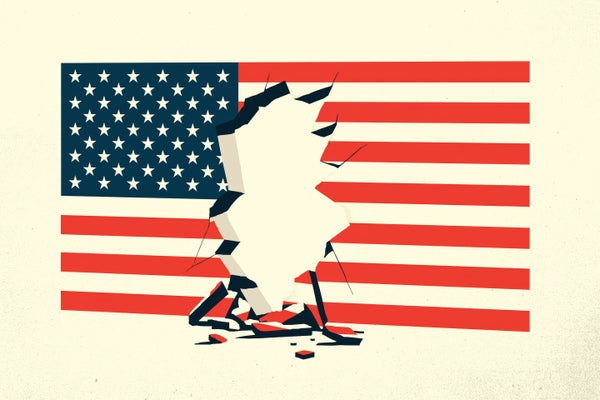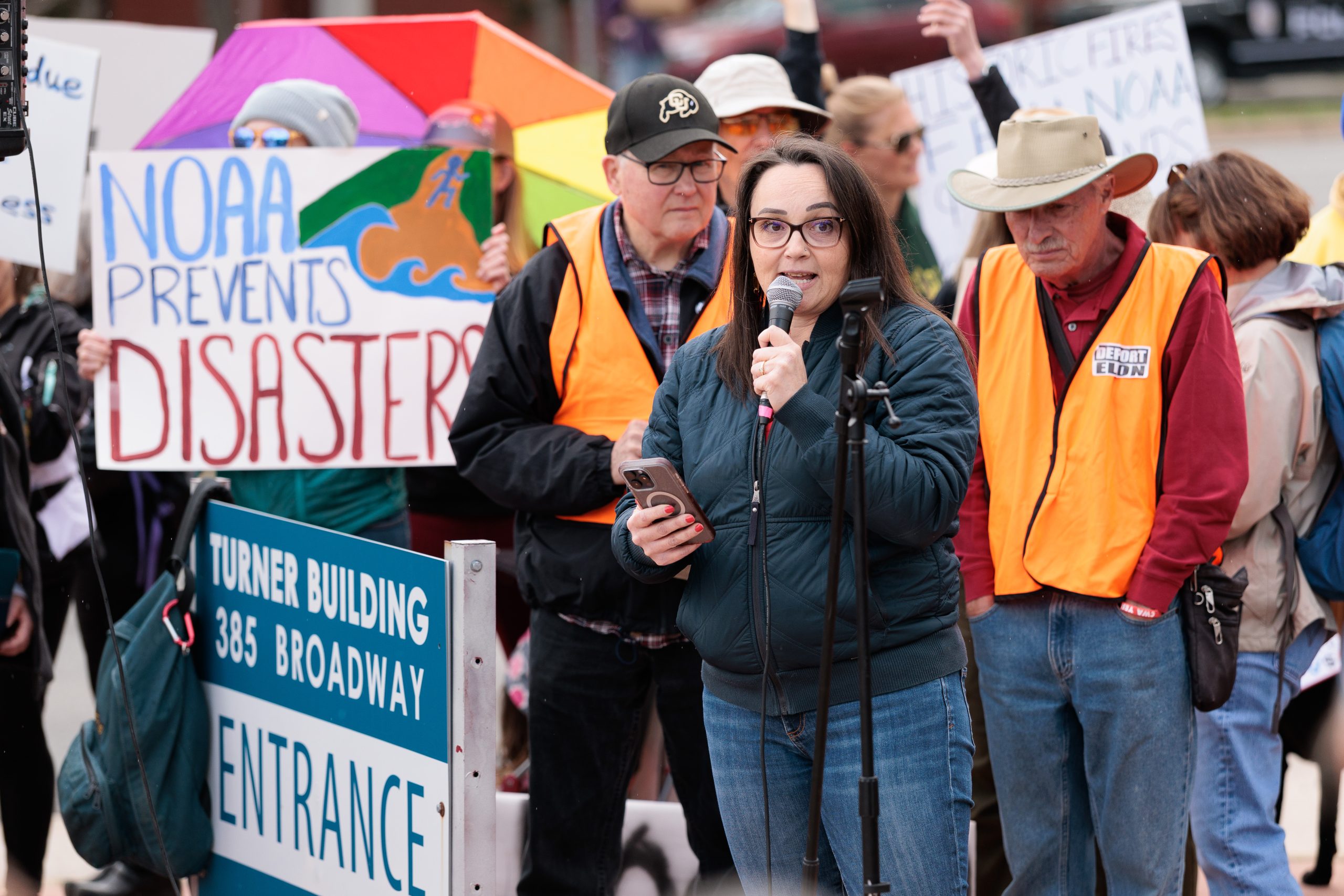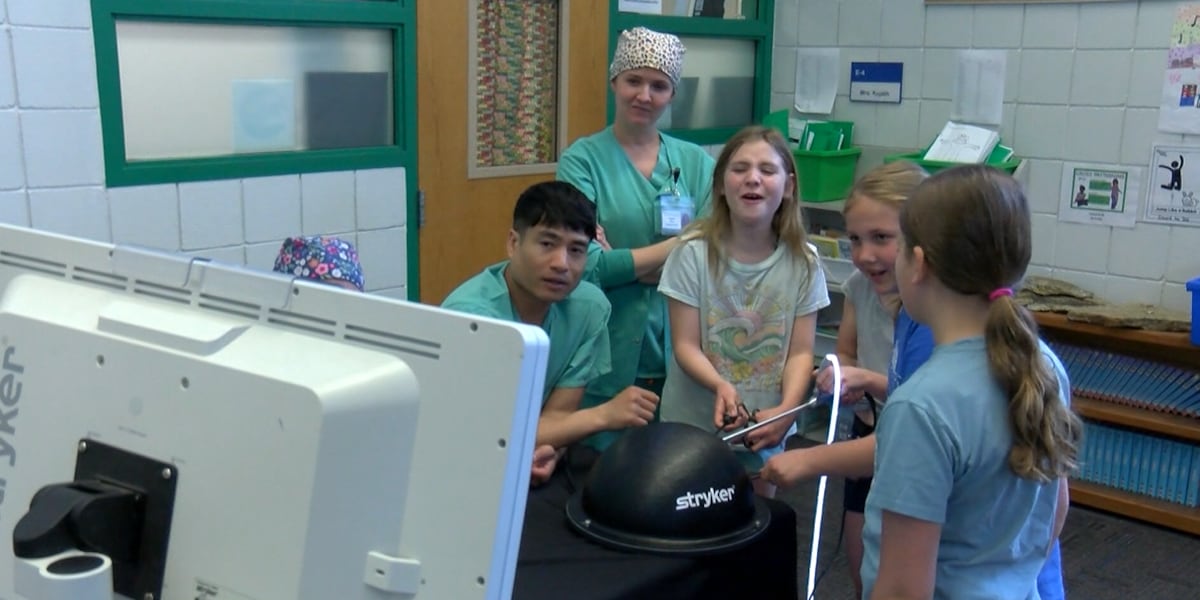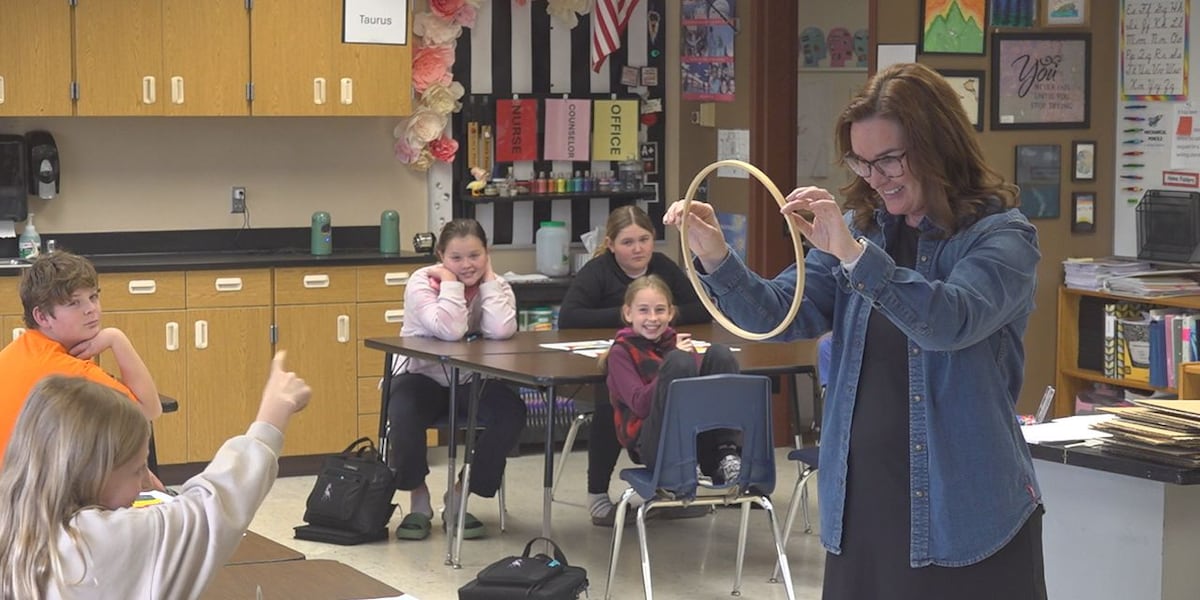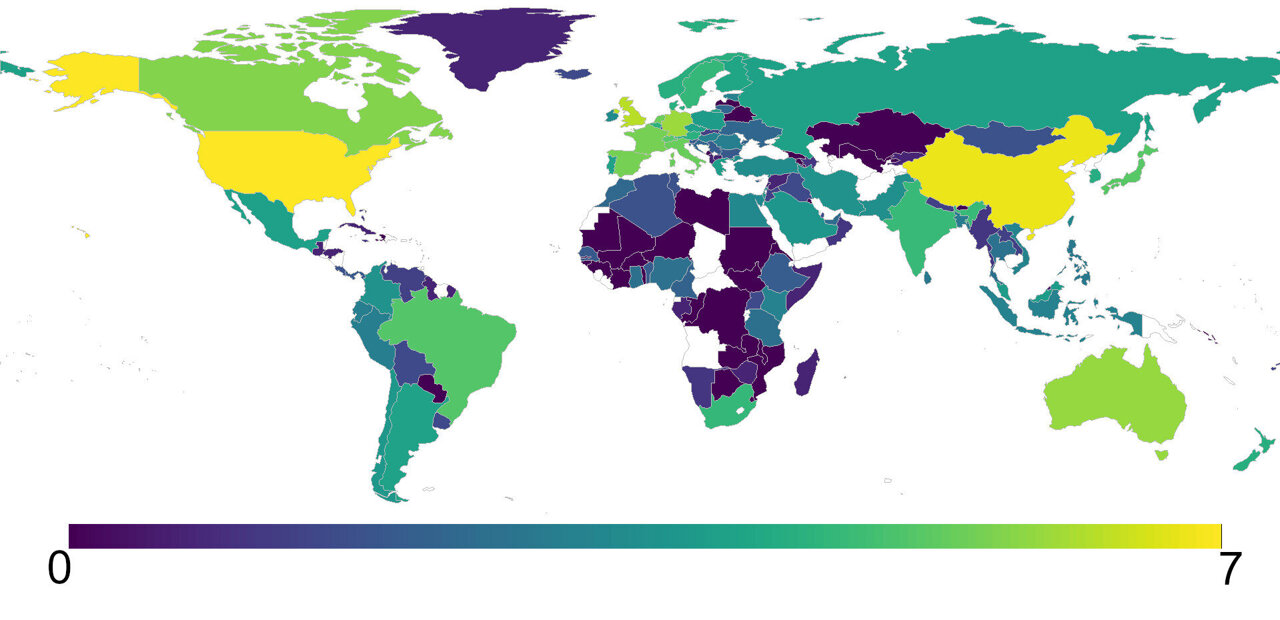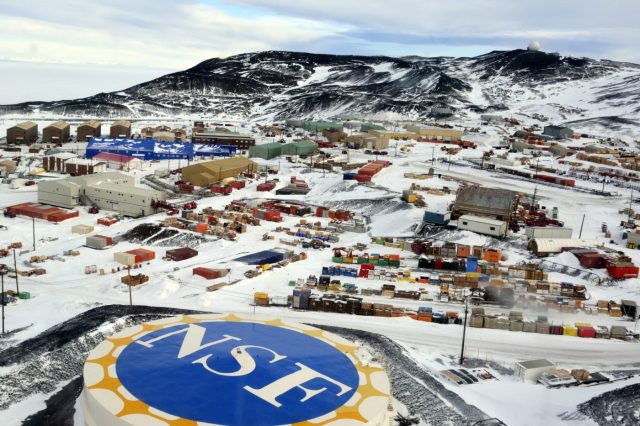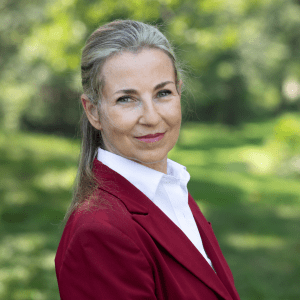
Young Science Superstars: Local Elementary Students Crush Regional Olympiad Challenges
Science Excitement Fills the Air as Young Learners Compete in County's 27th Annual Science Olympiad Turlock's Walnut Elementary Education Center buzzed with energy and curiosity on Saturday as approximately 300 enthusiastic elementary school students from across the county gathered to showcase their scientific skills. The 27th Annual Elementary Science Olympiad brought together young minds eager to demonstrate their knowledge, problem-solving abilities, and passion for scientific exploration. The event, now a beloved tradition in the community, provided students with an exciting opportunity to challenge themselves, collaborate with peers, and discover the wonders of science through hands-on competitions. Participants from various schools displayed remarkable creativity, critical thinking, and teamwork throughout the day's engaging activities. As young scientists navigated through different scientific challenges, their excitement and determination were palpable, highlighting the importance of nurturing scientific curiosity from an early age. The Science Olympiad continues to inspire and motivate the next generation of innovators and researchers.

